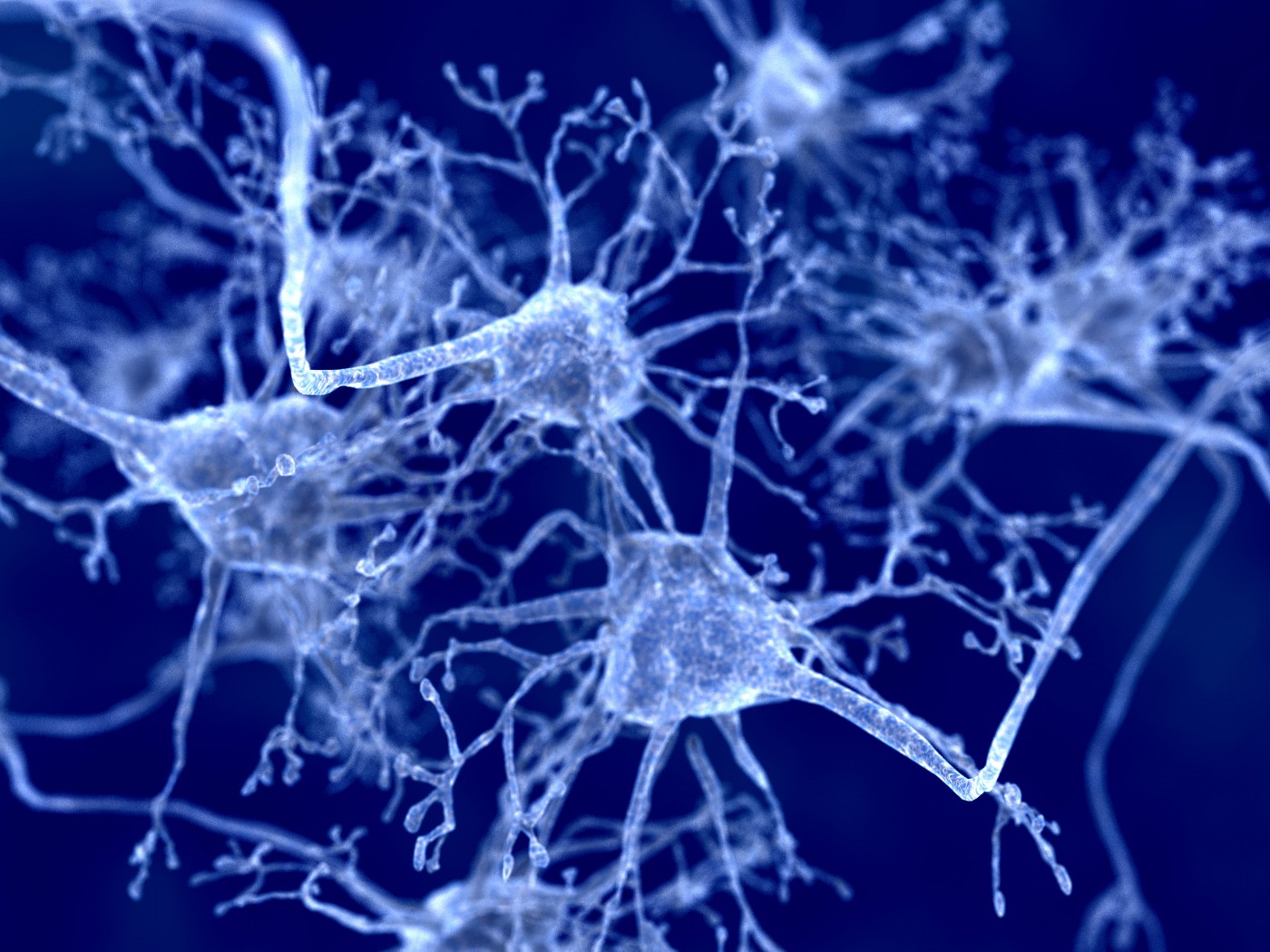Study Evaluates Gilenya’s Impact on Central Autonomic Dysfunction In MS With Delayed Heart Rate
Written by |

Fingolimod, also known by its brand name Gilenya, is an oral immunotherapy approved for the treatment of relapsing-remitting multiple sclerosis (MS). In a recent study published in the Journal PLOS One, a team of researchers found that the autonomic cardiovascular dysfunction in MS patients with delayed heart ratere-acceleration upon Fingolimod-initiation suggest that MS-related central autonomic lesions may compromise heart rate re-acceleration.
Fingolimod causes the heart rate to slow even in healthy persons and may also cause prolonged or more prominent heart rate slowing in some MS patients. Results from phase III clinical trials showed that Fingolimod caused bradycardia and serious cardiovascular adverse events, including atrioventricular blocks.
The European Medicines Agency (EMA) recommends that upon Fingolimod initiation, patients should have their heart rate monitored for at least six hours or if it is at the lowest value 6 hours following the first dose, extended monitoring for at least 2 more hours and until the heart rate increases again.
It remains unclear why some patients with MS have prolonged heart rate slowing, or why some develop atrioventricular blocks or bradycardia. In their study titled “Central Autonomic Dysfunction Delays Recovery of Fingolimod Induced Heart Rate Slowing,” Ralf A. Linker from the Department of Neurology, University of Erlangen-Nuremberg, Erlangen in Germany and colleagues hypothesized that autonomic dysfunction, such as the sympathetic-parasympathetic imbalance and Fingolimod induced bradycardia are due to pathophysiology of the central control and adjustment of cardiovascular autonomic modulation.
Based on this assumption, the team of researchers examined whether standard autonomic cardiovascular testing is able to indicate central autonomic cardiovascular dysfunction prior to initiation of Fingolimod in MS patients who need more than six hours after Fingolimod-initiation to re-increase their heart rat.
The researchers recorded electrocardiographic RR-intervals (RRIs) and blood-pressure (BP) at rest, upon standing-up, during metronomic deep-breathing before Fingolimod-initiation in a population of 21 patients with relapsing-remitting MS, and in 20 healthy controls.
The results revealed that upon Fingolimod-initiation, 7 patients had prolonged heart rate slowing. Prior to the initiation of Fingolimod, these 7 patients were found to have a higher resting BP and also a higher BP increase during handgrip-exercise in comparison with the other participants. The results also showed that the patients did not reduce parasympathetic heart rate parameters upon standing-up. After Valsalva-strain-release exercise the researchers found that the patients parasympathetic heart rate slowing in response to BP-overshoot was four times higher than in the other participants.
The researchers indicate the need for further studies comparing cardiovascular autonomic modulation of MS patients on Fingolimod and patients on other disease modifying treatment which might be helpful to further strengthen this study findings.


